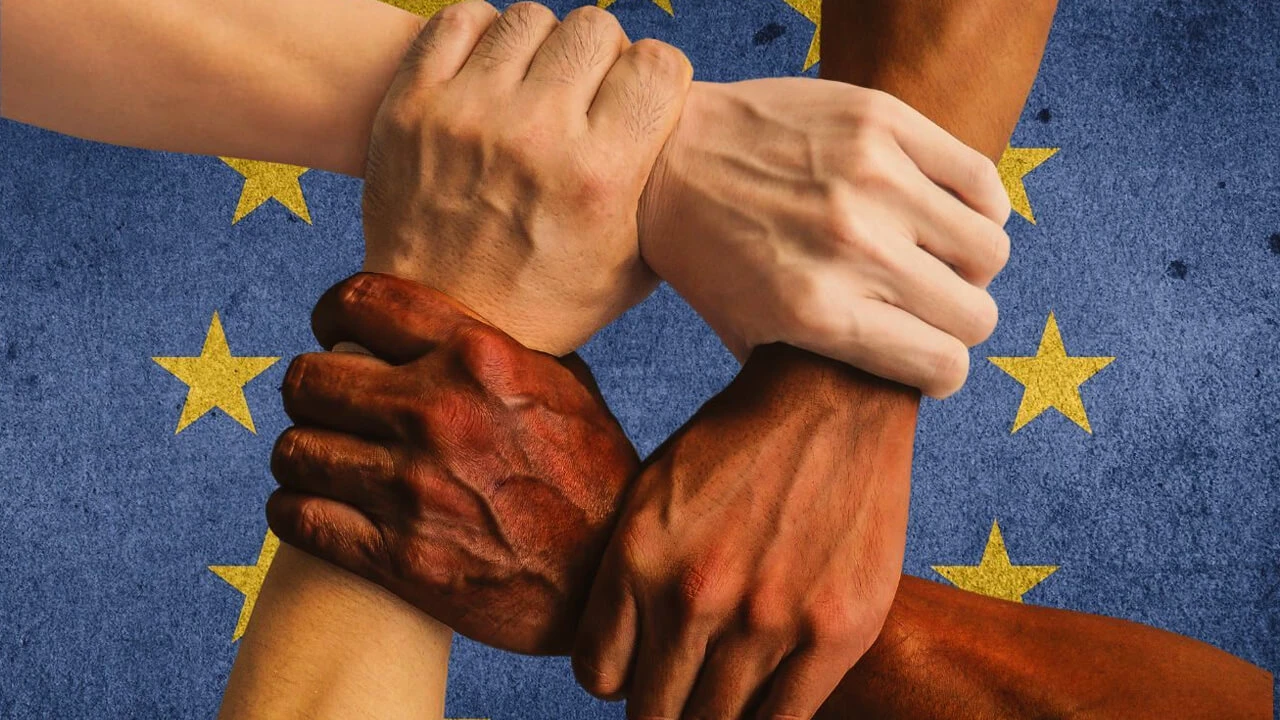
TIES: The Integration of the European Second Generation
Immigration and the subsequent integration of newcomers is one of the foremost challenges for Europe's increasingly heterogeneous cities. The integration of the second generation - the children born of immigrant parentage in the country of migration - is crucial to this process, for they constitute a growing share of metropolitan youth today.
The TIES project studies the topic of integration, be it economic, social, educational, or in terms of identity. Since little internationally comparable statistical material has been gathered on the second generation, the main objective has been to create the first systematic and rigorous European dataset of more than 10,000 respondents in fifteen European cities - relevant not only for a better general understanding, but also for the development of policies at all levels of government.
TIES is an international survey on the descendants of immigrants from Turkey, Ex-Yugoslavia, and Morocco in fifteen European cities in eight countries. But TIES is also the common roof for a number of related activities around research and training, transfer of knowledge, communication, and policy recommendations.
Please check the buttons to your left for your main fields of interest.

Latest News
French Stakeholder meeting in Paris
TIES stakeholder meeting - 25 March 2009, INED, Paris
INED organised the first French Stakeholder meeting in Paris on the 25th March. This day was dedicated to the presentation of a selection of results from the French TIES survey, with the objective to stear discussions with French researchers specialists of the themes tackled by the survey, representatives of local authorities in charge of integration and anti-discrimination policies and with representatives of associations of Turkish migrants.
The meeting took place at INED, 133 boulevard Davout, 75020 Paris.

TIES Academic Conference 11-12-13 December 2008
At the TIES Academic Conference the TIES team presented the main comparative findings across the eight countries on the themes: Education, Labourmarket, Identity and Discrimination. Distinguished North American guests acted as discussants, and gave public key note lectures presenting findings of the main research projects on the second generation in North America and Australia.




